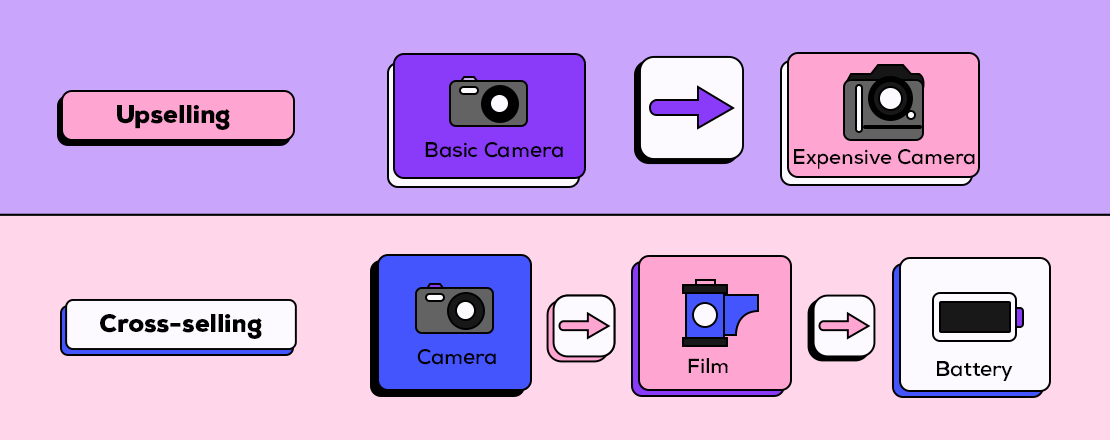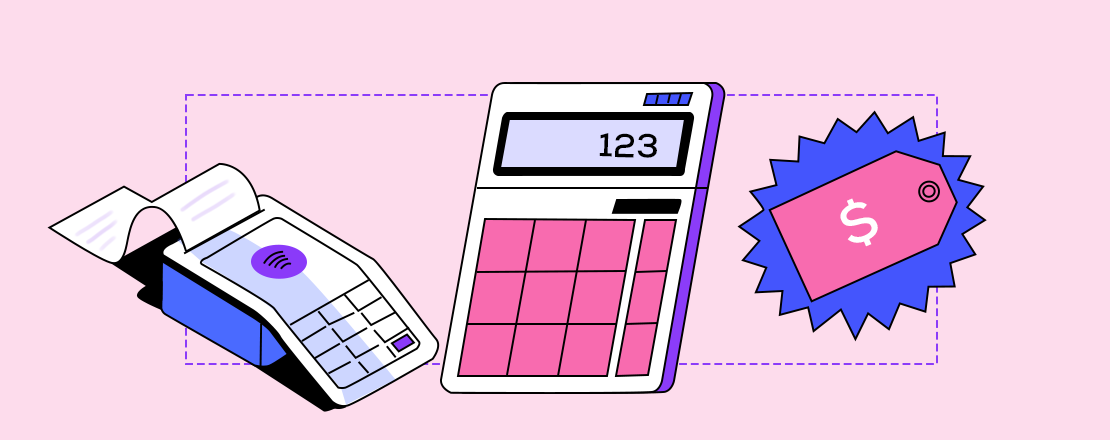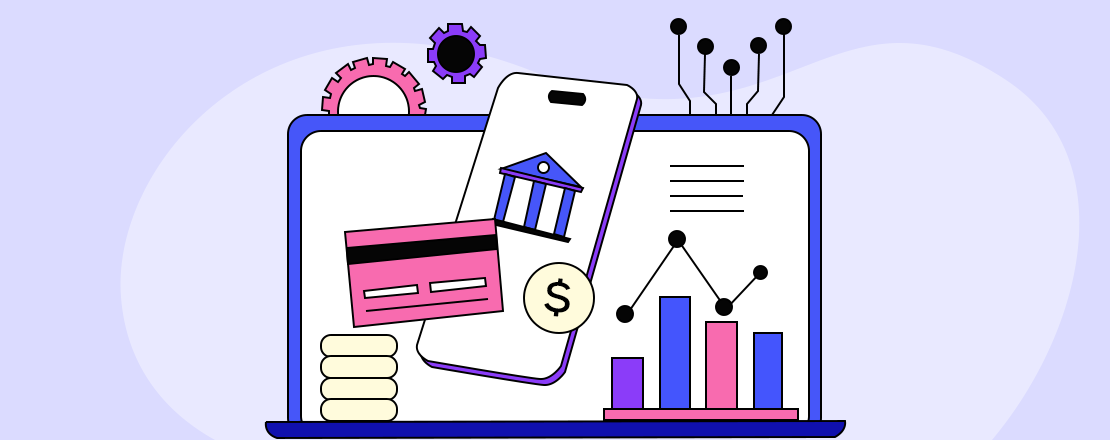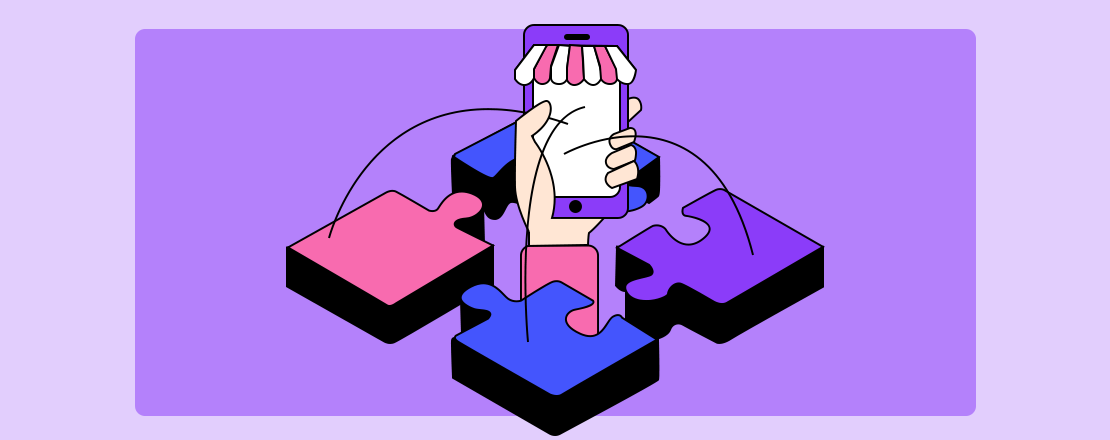Smart Contracts are up-and-coming technology that can revolutionize our financial landscape, and leaders are cautioned to understand it before jumping.
Before understanding Smart Contracts, you need to know what blockchain is. A blockchain is a form of a distributed immutable ledger. Distributed means it can be hosted on several servers to make it highly available. Immutable means that one cannot edit the data written in the ledger book. An entry is required to the blockchain to make any change. It brings versioning of data by itself. Everyone who is part of the blockchain network has access to all history of changes in the data.
Now, what is a smart contract?
A smart contract is a program that is stored on the blockchain which executes actions when a specific event occurs. This event can have an impact on backend calculations. Smart Contracts contain terms and conditions agreed upon by the participants to render services, transfer assets, and record transactions. They are designed to be run by the participants without the need for intermediaries.
What are the current issues being faced by the finance industry?
Due diligence and bookkeeping take most of the resources in finance. Since money is at stake, every penny should add up, and every piece of information should be correct. Reconciliation becomes challenging when these details are dispersed in multiple systems. Inter entity communication requires even more verifications to prevent fraud. Any information shared by external entities is subject to verification, which adds to extra costs for a company. Taking swift action on new information involves human efforts. For example, the transfer of deeds of the property after successful loan disbursement still requires multiple intermediaries.
In the underwriting industry, underwriters are a line of defense between business and loss. Each underwriter has to go through multiple documents and pieces of information. It is a time-consuming process, and when coupled with increasing workloads, standards degrade.
In the loan industry, all the loans in the mortgage pools are verified with actual documentation. These audits are very costly, ranging up to 100$ each and making it cost-prohibitive for smaller amounts of loan pools. Although these pools are sampled, only less than 1% of the loans are verified, introducing uncertainty in diligence results. What this means for finance is, nobody can tamper with the data stored on blockchains. If anyone tries to tamper with the data, everyone in the network will know about it, bringing transparency and reducing multiple verifications at every step.
How do Smart Contracts fit into the financial landscape?
Since Smart Contracts are short programs that execute when any condition changes in the blockchain, these can serve multiple purposes. For example, in an insurance company, the data is stored on a blockchain, and after every five years, the company changes the insurance premium. In such a case, Smart Contracts use the date of birth stored on the network.
What are the uses of Smart Contracts?
Since data is already stored in an immutable ledger, Smart Contracts can be run on it to ensure 100% diligence to the underwriting process. Once data is verified, its results can itself be stored on the blockchain to prevent future revalidations. Having loan information on the blockchain ensures that Smart Contracts can be used to outreach downgraded loan borrowers in time before the loan becomes a non-performing asset.
Smart Contracts can gather documents from blockchain and submit them for claims immediately upon a preconfigured triggering event leading to faster and consistent payouts. Submitting loan documents on blockchain enhances security, transparency and lowers fraud risk. Though they may seem words to us, these are costly operations in finance.
An independent 3rd party can audit the code of Smart Contracts to verify the integrity of the agreement. It also maintains data integrity because of the immutable nature of the blockchain. These can also be used to compile monthly surveillance performance reports.
The nots of Smart Contracts
Smart Contracts’ legal validity is enforced in 47 states of the United States. However, the United kingdom legislature is still researching to understand the Smart Contracts landscape. Similarly, many countries are still working on legal frameworks around blockchain technology. Like any other technology, Smart Contracts are made by humans and prone to bugs. It can jeopardize large amounts of money when stakes are high. Even though blockchain is distributed in nature, it is still susceptible to scaling challenges – meaning, as the amount of data and nodes increase in the blockchain, the execution speed of Smart Contracts decreases.
Conclusion
Smart Contracts are up-and-coming technology that can revolutionize our financial landscape. Amongst all the blockchain hype, leaders are cautioned to understand its pros and cons before jumping.
If all you have is a hammer, everything looks like a nail!















